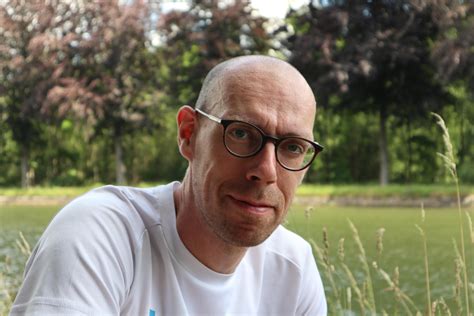In these Sentientist Conversations, we talk about the two most important questions: “what’s real?” & “what matters?”
Stijn is a physicist (phd), economist (phd in progress), animal activist, rational moral philosopher (another phd) and an Effective Altruist! He co-founded and is president of EA Belgium. He’s currently researching economics at the university of Leuven.
If you prefer listening to watching (although how can you resist that smile?), the audio from this conversation will be released on our new Sentientism Podcast so make sure to subscribe. Here’s the Apple link.
We talk about:
- Academic activism
- Background catholicism
- God not saving Stijn from swimming classes 🙂
- Martial arts, Star Wars & eastern/Buddhist philosophy (chi, forces, accupuncture, telekinesis, telepathy)
- Becoming fascinated by science & naturalism
- Retaining a sense of awe, wonder & connection within a naturalistic worldview
- Ecocentrism/biocentrism as intuitively attractive, but as Stijn’s biggest moral mistake
- Ecosystems can’t suffer & “Gaia doesn’t care”
- The risk that ecocentrism often really reflects a human aesthetic judgement, not genuine altruistic concern for other sentients
- The moral salience of wild animal suffering
- The “don’t play god” rule against intervening in nature is a reflection of human values, not altruistic concern
- The burning museum thought experiment
- Are the most important moral questions actually the simplest?
- The value of even obscure thought experiments in ensuring our morality is sound & treating ethics like physics
- In ethics as in physics, we shouldn’t arbitrarily make exceptions
- Nihilism & its association with a materialist worldview
- Outgrowing a “puberty” stage in personal philosophy
- Moral uncertainty
- Life project of finding fundamental moral principles. Starting with 8, then 5, now 3: 1) Universal application / categorical imperative; 2) Avoiding unwanted arbitrariness (e.g. discrimination, exceptions, revelation); 3) Relative preferences (~utility / well-being / preferences)
- Religious believers are atheists in every other religion
- Expanding our moral “radar” (inspired by Stijn’s time on Sea Shepherd)
- Starting from rights & working back to derive sentience as the moral qualifier (makes no sense to apply rights (e.g. autonomy / being used as a means) to non-sentients as they have no interests or needs to protect).
- How this approach resolves the charge that using sentience as a moral qualifier might itself be arbitrary
- We can grant rights to everything, but they can only be breached for sentient beings!
- Sentience/flourishing/suffering as the full range of simple & rich qualitative experiences, not just basic hedonistic pains & pleasures
- How every other interest or preference (e.g. freedom/autonomy) can be assessed through their impact on the quality of sentient experience
- Don’t apply the Golden Rule if you’re a masochist 🙂
- How compassion implies not wanting to impose our preferences on others
- No one can reasonably reject Sentientism, because they don’t want their preference against Sentientism to be arbitrarily rejected “you said yourself that what you want isn’t important!”
- Moral objectivism vs. relativism vs. naturalistic grounding
- Can naturalistic morals span the is/ought barrier?
- Tegmark’s suggestion that the universe is ultimately a mathematical structure (see “Our Mathematical Universe”) & that all possible mathematical structures may, in a sense, exist
- Avoiding arbitrariness in maths, physics & ethics.
- The importance of naturalism & sentiocentrism (combined into sentientism) as a philosophical baseline
- You can have whatever philosophy you like but you have to be Sentientist 🙂
- All human caused problems have roots in un-founded beliefs, a too-small moral circle, or both
- A future where we’ve abolished all unwanted suffering & the need for research into how we do it (e.g. welfare bio)
- Mitigating wild animal suffering. No animal wants to be eaten. We may not know how to help but we can find out
- Ending animal farming. Setting a good Sentientist example to our future AI overlords 🙂
- Rejecting anti-natalism
- Democracy, excluding only those who arbitrarily exclude others
- Something being difficult isn’t a reason not to try
- Setting trivial interests against security/safety/autonomy interests
- Justice without free will/agency only drops retribution
- The importance of effectiveness (via EA)
- Universal language/translation.
You can learn about Stijn’s work here: stijnbruers.wordpress.com & you can follow him on Twitter here @StijnBruers.
Stijn is on our “Sentientist wall” – why not join him in helping to normalise compassionate, rational thinking?
Sentientism is “Evidence, reason and compassion for all sentient beings.” You can find out more at sentientism.info.
Everyone interested, Sentientist or not, is welcome to join our community groups. Our main group is here on FaceBook.
Many thanks to Graham Bessellieu for his post-production work on this video. Go follow him (& maybe work with him!) at @cgbessellieu.

